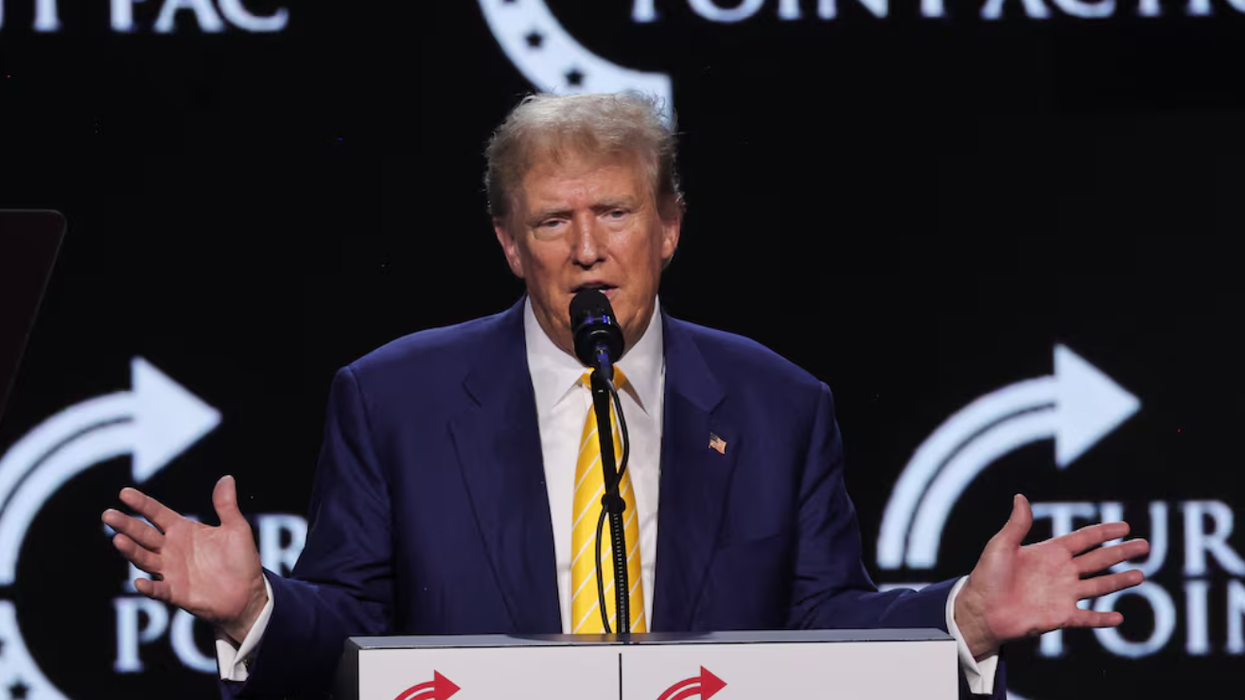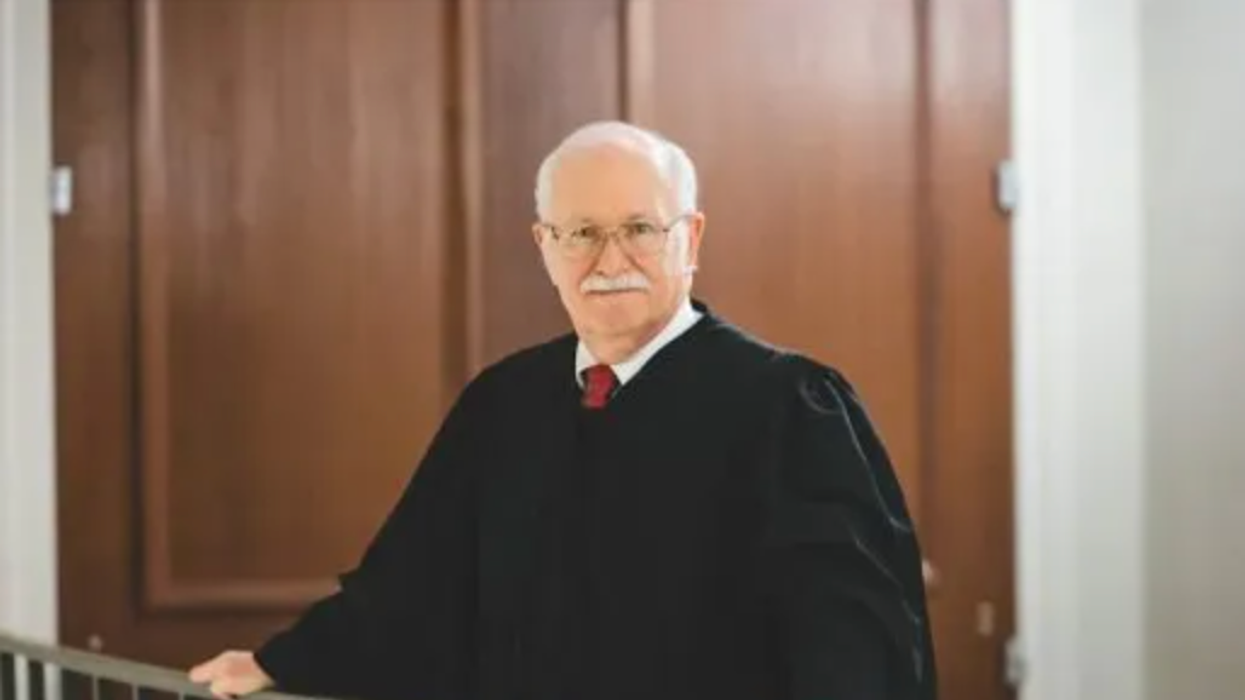Our Homegrown Extremists Are 'Christians' Radicalized By Trump
The suspect in the Minnesota murders, Vance Luther Boelter, has been charged, for now, with second-degree murder. He allegedly killed two people, Melissa and Mark Hortman, in cold blood, and shot and wounded two others. According to Minnesota police, he showed up at the homes of at least two other people who were on his 45-person hit list (they were away).
What stands out about the descriptions of Boelter we've seen thus far is that everyone agreed he was "deeply religious." In other words, he's a religious extremist. He was also an ardent Trump fan. Those things are obviously related, but it's jarring to consider how much the world has flipped in just 10 years.
Ten years ago, people like Boelter were drawn to Donald Trump at least in part because he seemed to take Muslim religious extremism seriously. They were thrilled when he declared, after the December 2015 jihadist attack in San Bernardino, California, that the United States would shut down all Muslim immigration until we figure out "what the hell is going on."
In the years after 9/11, people became wary of Muslims who were suddenly devout, as this sometimes presaged a violent turn. Jose Padilla, Richard Reid, Tamerlan Tsarnaev and others became seriously religious before proceeding to terrorism.
We didn't feel that way about those who suddenly became devout Christians. Sure, centuries ago, Christians had committed atrocities in the Crusades and during the Inquisition, but that was all over. A more familiar tale was that of George W. Bush, who was able to kick his drinking problem after accepting Jesus as his savior; or Chuck Colson, of Watergate fame, who traded in his political dirty trickster identity to become a lay preacher and founder of the Prison Fellowship after his conversion.
But large parts of American Christianity have been going through some things in the decades since, with certain evangelicals in particular demonstrating a new coolness toward brotherly love. Or, if you read Kristin Kobes Du Mez, evangelical Christianity's ever-present undercurrents surfaced in the Trump era. Christianity Today editor Russell Moore has heard from pastors who've been reproached by parishioners for mentioning the beatitudes in their sermons. "Where are you getting this woke stuff about 'Blessed are the meek?'" they demand.
The problem is not coextensive with evangelicalism: Many evangelicals retain their faith unsullied by ugly politics, and the Catholic integralists are no less abhorrent than the Protestant MAGAs in their embrace of cruelty supposedly for God's sake. But evangelicalism seems to be suffering from politicization more than other denominations and movements, to the point that the public face of evangelicalism has altered.
Boelter seems to have slid into the slipstream of American Christians who are more ideological than spiritual. As Peter Wehner put it in a 2022 interview, whereas churches used to contend over doctrine or practice, things have changed to the point where "a spiritual outlook has been replaced by a core identity that's political."
Though not perceived as particularly strident by his friends, Boelter used the kind of language in a religious context that Trump has normalized in the political context. Speaking to a congregation in the Democratic Republic of the Congo, he described homosexual and transgender people as "confused," which isn't incendiary, but then he added that "the enemy has gotten so far into their mind and their soul." Enemy talk is contagious.
Boelter, of course, is not an innovator. Other American murderers and criminals were motivated by radicalized Christianity, and he joins a lengthening list of terrorists motivated by MAGA: James Alex Fields Jr. drove his car into a group of peaceful protesters in Charlottesville in 2017. David DePape attacked Paul Pelosi with a hammer. Patrick Wood Crusius, a 21-year-old from Dallas, drove to El Paso to open fire on those he perceived to be immigrants shopping at a Walmart.
In his manifesto, Crusius cited the great replacement theory and said, "This attack is a response to the Hispanic invasion of Texas." In Buffalo, a man opened fire on Black shoppers at a supermarket. He, too, cited the great replacement theory. Cody Balmer ignited a fire at Gov. Josh Shapiro's residence in April. More than a thousand people were convicted of storming the U.S. Capitol on Jan. 6, 2021, and countless MAGA supporters have issued violent threats against their fellow Americans.
Trump himself was the victim of two assassination attempts. But his opponents did not minimize, justify or celebrate these attacks. Trump has signaled again and again that violence in his name or for causes he supports is welcome. People like Boelter have gotten the message. Unlike the Muslim extremists, fear of whom Trump was able to weaponize, the new religious zealots are neither Muslim nor "self-radicalized." They are Christian and radicalized by those who hold the presidency and both houses of Congress.
Reprinted with permission from Creators.












